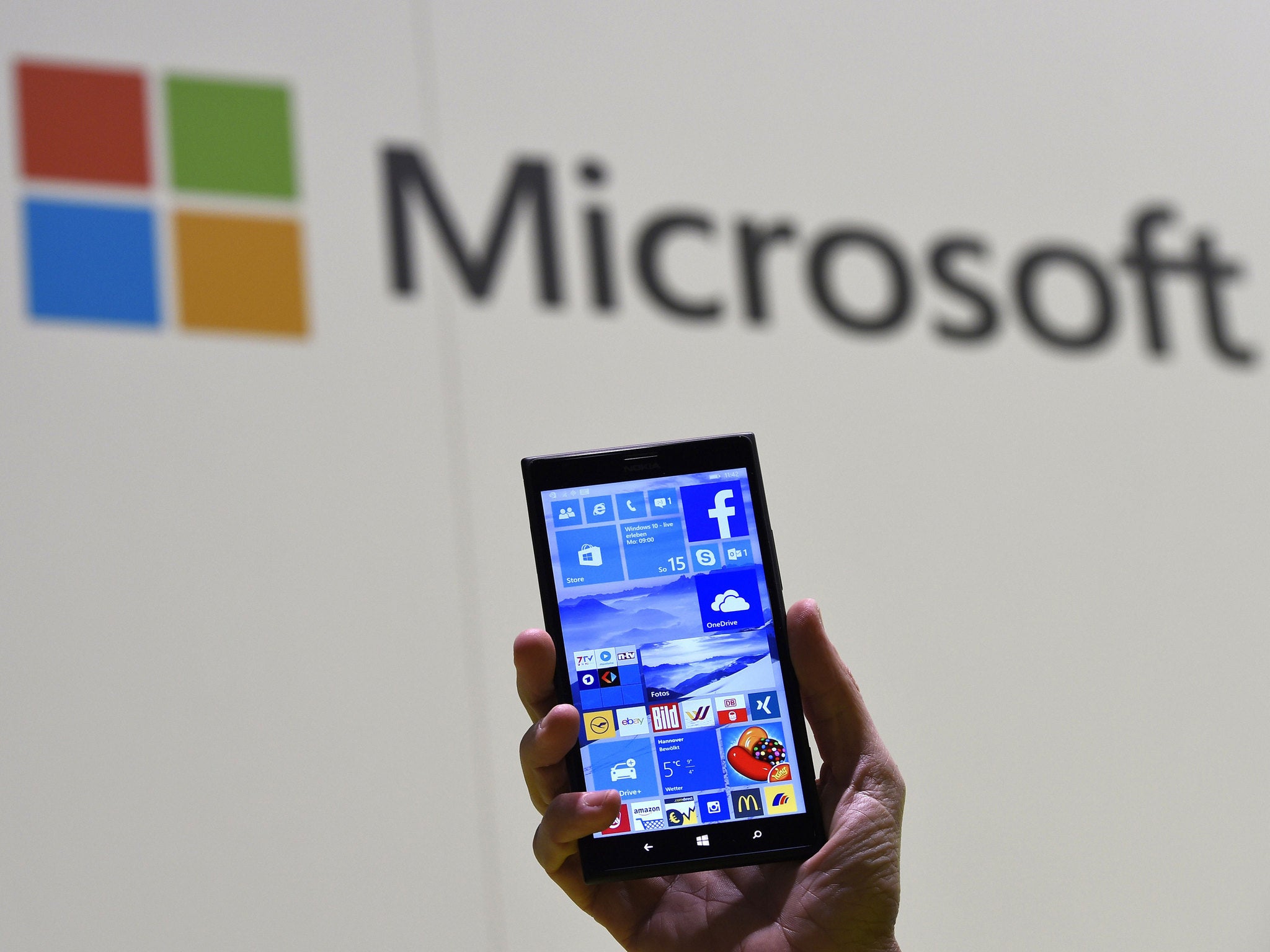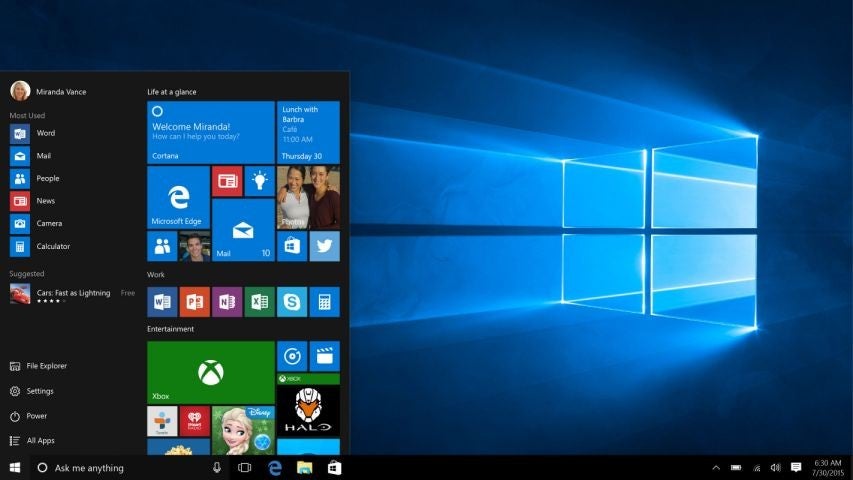Windows 10: Microsoft's new user agreement allows them to disable pirated games on your PC
The discovery of the policy in the service agreement has prompted fresh privacy fears around Windows 10

A section in the small print of Microsoft's Services Agreement reveals that the company can remotely disable pirated or counterfeit games on your computer without your permission.
As originally reported by Alphr, section 7b of the Agreement, the part that covers "updates to the services and software, and changes to these terms," says that Microsoft may: "automatically check your version of the software and download software updates or configuration changes, including those that prevent you from accessing the Services, playing counterfeit games, or using unauthorized hardware peripheral devices."
So if you're a Windows 10 user with any pirated games on your computer, you may find them suddenly disabled without your knowledge.

The wording of the section is tricky - it's not clear whether other "counterfeit" software could be disabled too, or whether the section only applies to games.
The part about "unauthorised hardware" is hazy too - it doesn't say whether this refers to mods, or whether there is a list of peripheral devices that Microsoft sees as unauthorised that will be blocked.
The unusual term is raising eyebrows online, and has led people to ask how Microsoft can tell what is on your computer.
Will Microsoft be scanning your machine to check what software is installed? Windows 10 has already caused privacy concerns from some users, but the specifics are not addressed in the Agreement.
Even without Microsoft's intervention, games developers have been finding new and devious ways to toy with pirates for a long time.
For example, in pirated versions of Serious Sam 3, the joyful shooting gameplay is ruined by a giant, undefeatable pink scorpion, who hounds your character and kills him intermittently throughout the game.
The Independent has contacted Microsoft for comment on the details of their EULA, this article will be updated when they respond.
Join our commenting forum
Join thought-provoking conversations, follow other Independent readers and see their replies
Comments
Bookmark popover
Removed from bookmarks